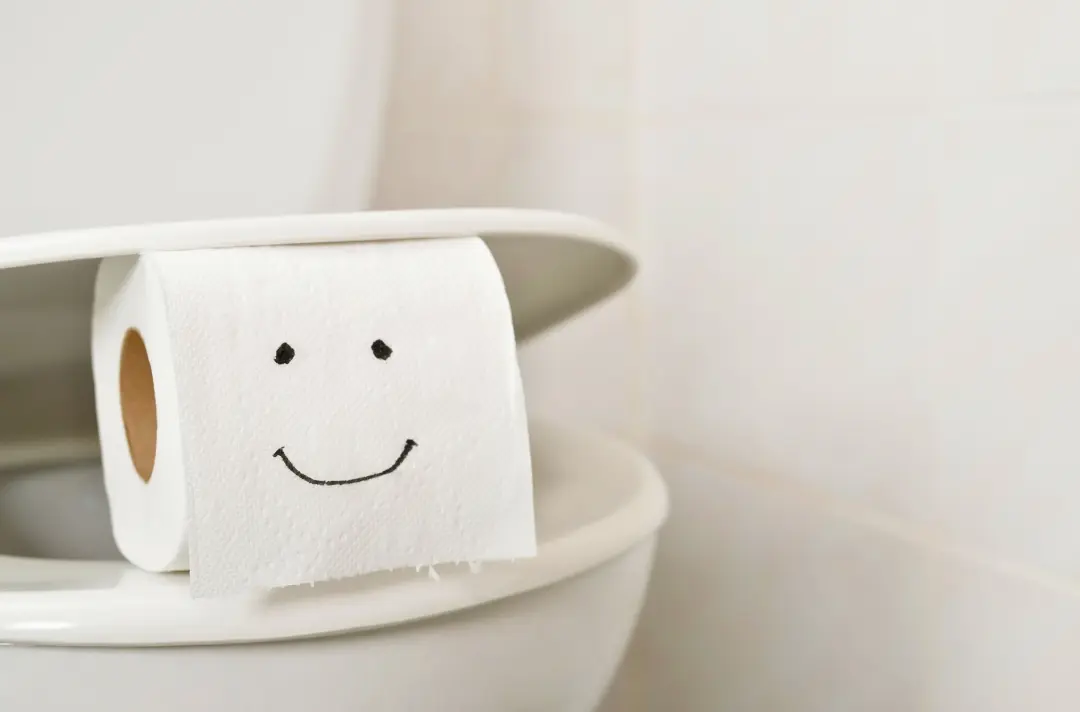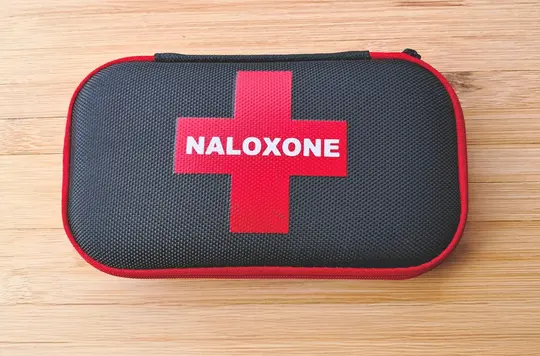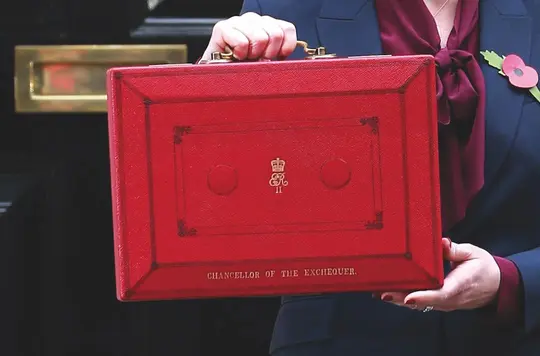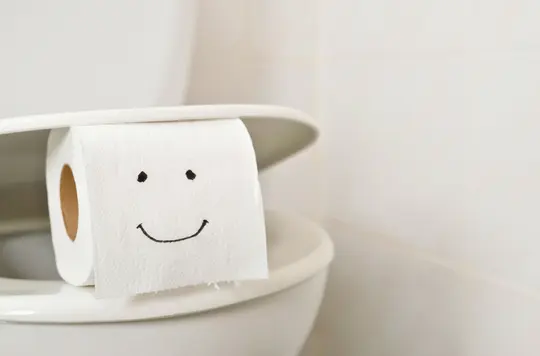15 November 2025
World Toilet Day: How can we flush away injustice?
Hayley Still

Ahead of World Toilet Day, Hayley Still reflects on the importance of dignity and equality.
This Wednesday (19 November) marks World Toilet Day. It’s an opportunity to raise awareness about something we all need but rarely talk about: toilets! Sanitation isn’t glamorous, but it’s essential. More than three billion people still live without a safely managed sanitation service, and unsafe water, sanitation and hygiene are responsible for the deaths of roughly 1,000 children under five years old every day.
Without safe toilets, people are exposed to disease and danger. In many communities, people are forced to practise open defecation, which is not only unhygienic but unsafe, leaving women and girls particularly vulnerable to harassment and assault.
Around the world, some schools don’t provide private toilets, which means girls are more likely to skip school and go home to use the loo. As a result, some girls miss up to a week of school every month. This disrupts their education and limits their future opportunities.
This is not only a matter of hygiene, but also a matter of justice. God’s heart for justice runs throughout Scripture. As followers of Jesus, we are called to ensure all people can experience life in all its fullness (see John 10:10). This fullness of life encompasses both spiritual and physical wellbeing.
Throughout Jesus’ ministry, we see him meet people’s practical and physical needs, from the provision of food (see Matthew 14:13–21; Mark 8:1–9) to healing the sick (see Matthew 8:1–4; John 9:1–7). As we live out the gospel, we are called to follow his example, responding to others’ practical needs and participating in God’s plan for wholeness and flourishing for all.
Water, Sanitation and Hygiene (Wash) projects are one way in which The Salvation Army does this, ensuring schools and communities have clean, safe, accessible and private toilet blocks, alongside handwashing facilities. This means children can stay in school and continue learning.
The Army also runs hygiene training sessions and forms student committees to champion the message. In Malawi, for example, students use dance, drama and music to teach hygiene and sanitation – inspiring them to become changemakers in their families and communities.
Similarly, in Tanzania, through an integrated Wash project, significant progress has been made in improving sanitation across four communities. More than 450 households in Mamba, Majengo and Lupa have built new improved latrines, ending open defecation and promoting safe practices.
New latrines have also been built in primary schools in Amani, Mamba and Lupa, complemented by handwashing stations and hygiene messages displayed on walls. School Wash clubs also promote healthy hygiene habits among pupils.
World Toilet Day is a great opportunity to raise awareness about all this vital work. One way you could get involved, as an individual or with your corps or community group, is through Spend a Penny, Give a Pound. The idea is simple: over the course of a day, donate £1 every time you use the loo! All money raised will be used to support the Army’s Wash projects around the world.
These projects go beyond toilets. They’re about health, dignity and equality. They include environmental conservation, disability inclusion and economic growth through community savings groups. Communities have also planted trees to protect water sources and grown vegetables to improve nutrition and food security.
Will you be part of flushing away injustice?
Reflect and respond
- Read Matthew 14:13–21. In what way is Jesus’ miracle about equality and justice, as well as meeting people’s physical needs?
- How often do you take access to a toilet and clean water for granted?
- Visit tsa.link/worldtoiletday to download a Spend a Penny fundraiser pack, including posters and a toilet tally colouring sheet.
Written by

Hayley Still
UK Engagement Coordinator, International Projects Office











